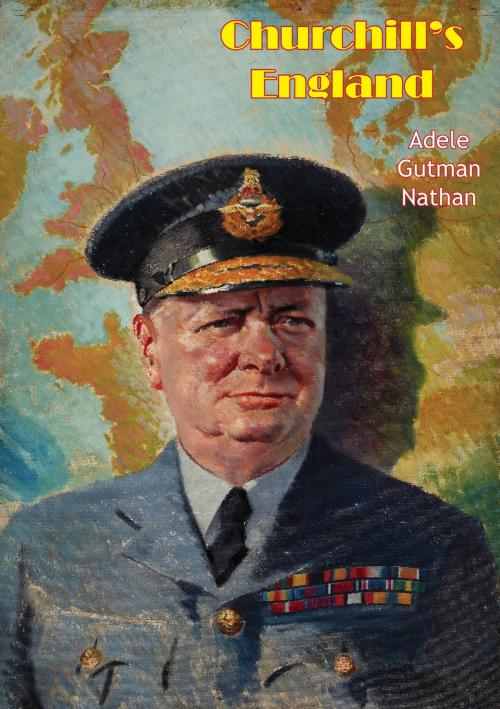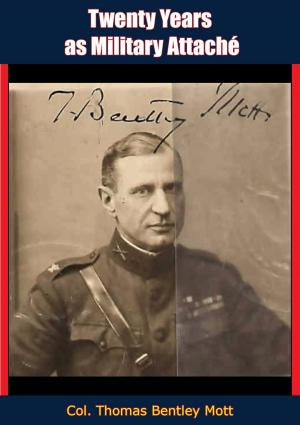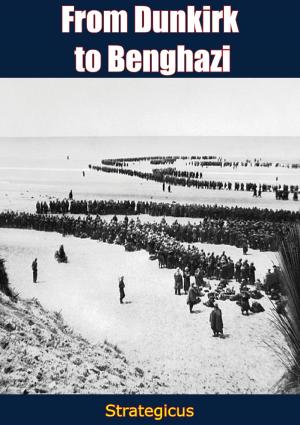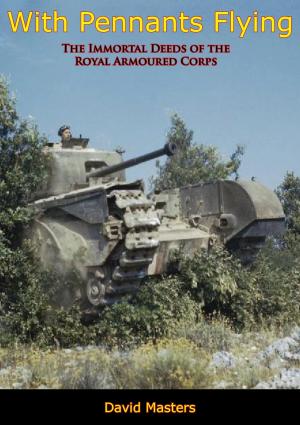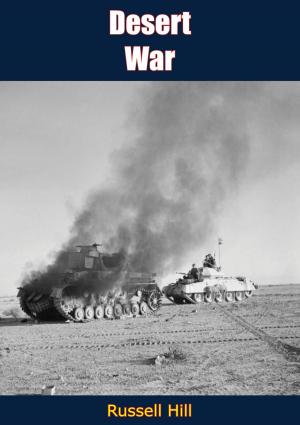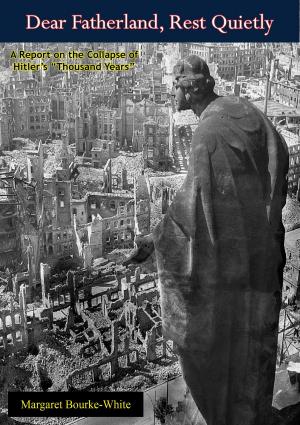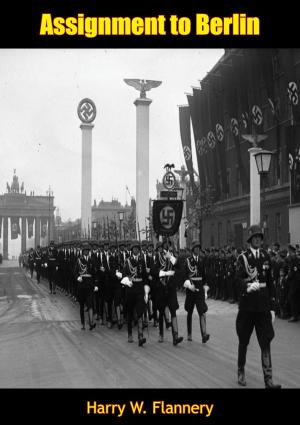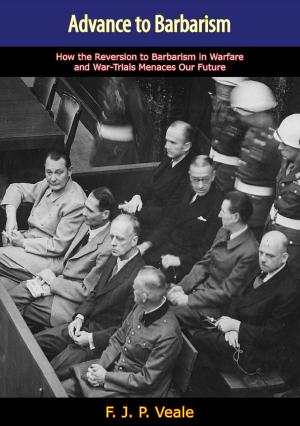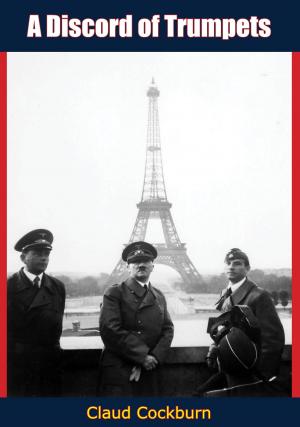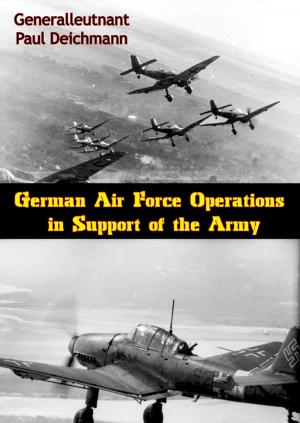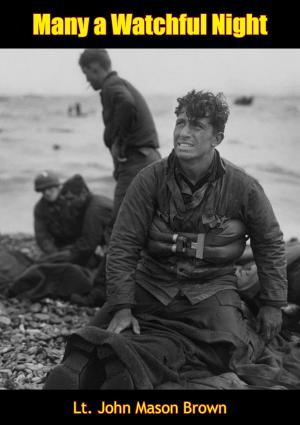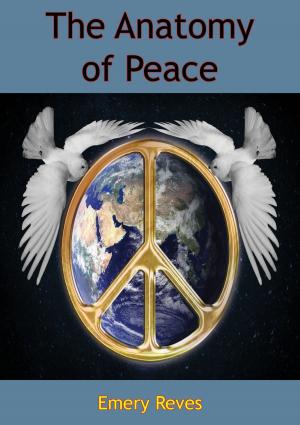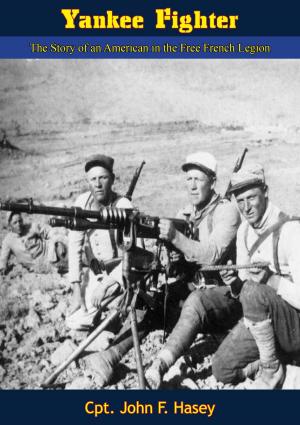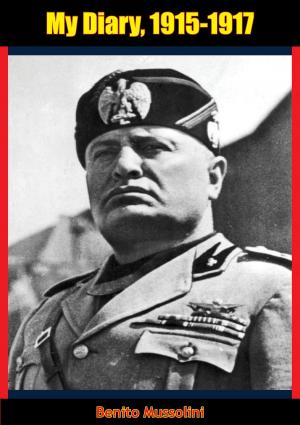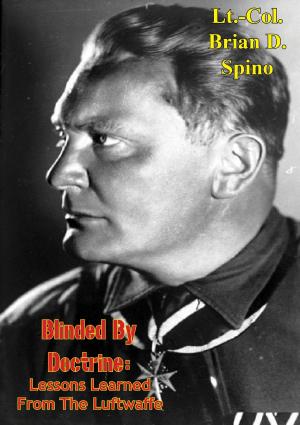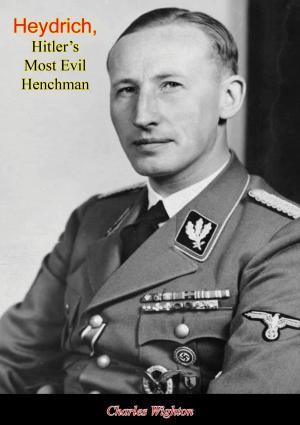| Author: | Adele Gutman Nathan | ISBN: | 9781787205789 |
| Publisher: | Arcole Publishing | Publication: | June 28, 2017 |
| Imprint: | Arcole Publishing | Language: | English |
| Author: | Adele Gutman Nathan |
| ISBN: | 9781787205789 |
| Publisher: | Arcole Publishing |
| Publication: | June 28, 2017 |
| Imprint: | Arcole Publishing |
| Language: | English |
THE PARADOX that is life—an empire shaping a man, the man shaping that empire’s destiny—sweeps across the pages as the great moments in the personal epic of Sir Winston Churchill unfold.
The man destined to lead Great Britain in her “finest hour” drew his first breath in historic Blenheim Palace. He was three years old when Queen Victoria assumed the title, “Empress of India,” the seeming apex of her people’s glory. Growing up, Winston hero-worshiped his ancestor, the first Duke of Marlborough, dreaming, as he played with his toy soldiers, that his forefather’s mantle of military greatness might fall on him.
Winston Churchill did become a soldier, serving in India and Africa, before his political career began with his election to the House of Commons. Ironically, he was dismissed as First Lord of the Admiralty during World War I, and finished his war service in the trenches in France.
In and out of political favor during the decades that followed, Churchill alternately devoted himself to government and to writing. But when, in 1940, German troops marched into the Lowlands, there was no question of who was in favor—only who might possibly save England. Becoming Prime Minister, Churchill, characteristically blunt, said: “I have nothing to offer but blood, toil, tears, and sweat.”
And English people, nightly retreating to subterranean depths to escape the Nazi bombers, gave their toil, their tears, their blood, inspired by a leader who, in the nation’s blackest times, could flash a grim V for Victory.
Speaking of the Royal Air Force, whose members beat back the Nazi Luftwaffe, Churchill told the British people: “Never was so much owed by so many to so few” a judgment the world now applies not only to those brave fliers but to all England and her wartime leader.
THE PARADOX that is life—an empire shaping a man, the man shaping that empire’s destiny—sweeps across the pages as the great moments in the personal epic of Sir Winston Churchill unfold.
The man destined to lead Great Britain in her “finest hour” drew his first breath in historic Blenheim Palace. He was three years old when Queen Victoria assumed the title, “Empress of India,” the seeming apex of her people’s glory. Growing up, Winston hero-worshiped his ancestor, the first Duke of Marlborough, dreaming, as he played with his toy soldiers, that his forefather’s mantle of military greatness might fall on him.
Winston Churchill did become a soldier, serving in India and Africa, before his political career began with his election to the House of Commons. Ironically, he was dismissed as First Lord of the Admiralty during World War I, and finished his war service in the trenches in France.
In and out of political favor during the decades that followed, Churchill alternately devoted himself to government and to writing. But when, in 1940, German troops marched into the Lowlands, there was no question of who was in favor—only who might possibly save England. Becoming Prime Minister, Churchill, characteristically blunt, said: “I have nothing to offer but blood, toil, tears, and sweat.”
And English people, nightly retreating to subterranean depths to escape the Nazi bombers, gave their toil, their tears, their blood, inspired by a leader who, in the nation’s blackest times, could flash a grim V for Victory.
Speaking of the Royal Air Force, whose members beat back the Nazi Luftwaffe, Churchill told the British people: “Never was so much owed by so many to so few” a judgment the world now applies not only to those brave fliers but to all England and her wartime leader.
